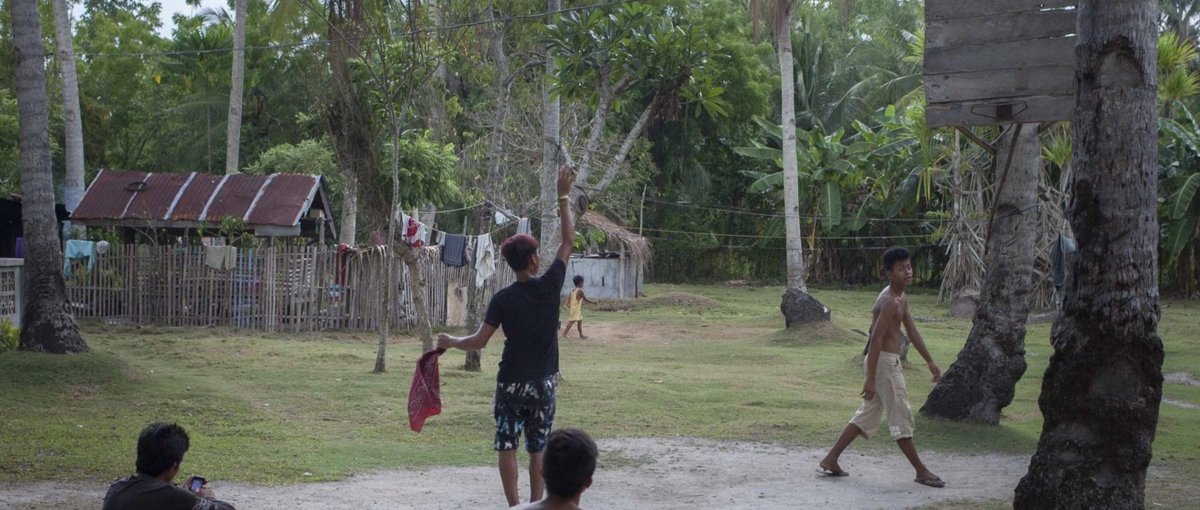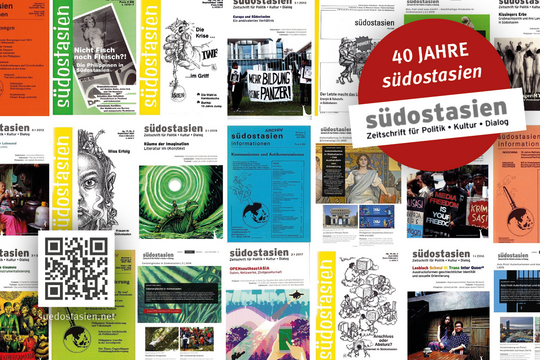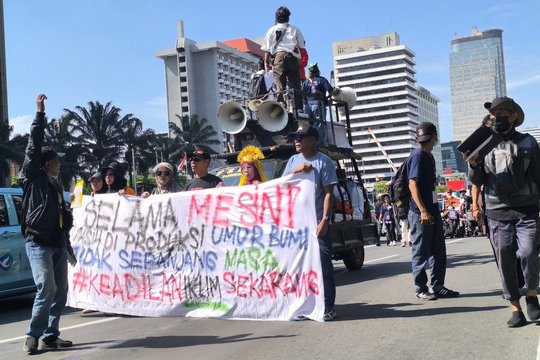In modern day society leisure time is both a hard-won right and a natural consequence of the division of labour. It plays an important role in recuperating strength and nurturing social relations. However, only when they have sufficient economic means at their disposal, people can engage in free time activities. If the whole day is spent with breadwinning, unpaid house and care work, there is no time for sports or other hobbies.
Free time activities in Southeast Asia are numerous and diverse. Just like in other parts of the world, sports is an integral part of people´s everyday lives. The motivation leading to its practice however, varies. Some people simply want to stay fit and healthy, or live up to some beauty standard. Others wish to test their limits and compare their abilities with those of others. Sports in Southeast Asia include a number of indigenous martial art forms like Muay Thai, Kun Khmer and Pencak Silat, along with other traditional activities such as the ballgame Sepak Takraw. In addition, football, badminton, basketball and volleyball are also exceptionally popular.
Sports is entertainment, but also business. Sport clubs often function like private companies. The advertisements, selling of broadcasting rights, the outfitting of athletes, the merchandise, as well as the much-loved betting, generate a large amount of income. Some people, like young Muay Thai fighters, attempt to escape poverty by building a professional career, even at the expense of their health.
For the next issue of südostasien we are looking for contributions that focus on the following questions:
- What do people in Southeast Asia do, when they don´t have to work?
- What concepts of leisure time/free time exist in the region as a whole and the respective countries based on socio-economic conditions?
- How are free time activities organized on a community level?
- What sports play an important role in people´s everyday lives?
- What social, economic and political impact do they have?
- What is the role of sports and games in the media and the entertainment industry?
- How is sports organized? What do federations (if there are any) look like? Are they organized from ‘above’ or from ‘below’?
- How is sports used for political purposes?
- How do political leaders instrumentalize sports to fuel nationalism and nationalist pride?
- What (political) animosities are being played out in the arena?
- What role does money play in sports? What is the meaning of professional sports, betting, commercialisation and the export of various training courses (Muay Thai, Yoga)?
- How does participation in sports, games and other leisurely activities differ, based on gender?
- What is the importance of sport in creating safe spaces for marginalized communities?
- Who has access to sports and what differences are there between urban and rural contexts?
- How are sports and games represented as individual and as collective activities?
- What role play diaspora- communities in relation to sports?
- What is the role of sports education and how is physical education (PE) conceptualized in the countries of the region?
- What societal changes are brought for young people by the emergence of e-sports?
We would like to address these and other questions in the 3/2023 issue of südostasien magazine in various forms: portraits of actors, commentaries, reports, background reports, analyses, interviews, photo essays, and reviews of films or books. We are looking forward to your contributions - both texts that exemplarily deal with individual initiatives as well as articles on structural issues.
Deadline for articles (max. 8,000 characters = 1500 words) is Setember 15, 2023 (in individual cases and after consultation with the editors, a later deadline may be possible). Please submit a short abstract (max. 800 characters = 150 words) to the editorial office in advance.
Contact the editorial team:
- Laura Faludi (dzsuangszi@gmail.com)
- Verena Wittrock (verena.wittrock@gmail.com)
- Hendra Pasuhuk (hendra.pasuhuk@dw.com)
- Jörg Schwieger (joerg.schwieger@asienhaus.de)
- Dominik Hofzumahaus (dominik.hofzumahaus@gmail.com)
- Robin Eberhardt (robin.eberhardt@gmail.com)
- Katja Hanke (Rezensionen) (soa_rezensionen@asienhaus.de)









